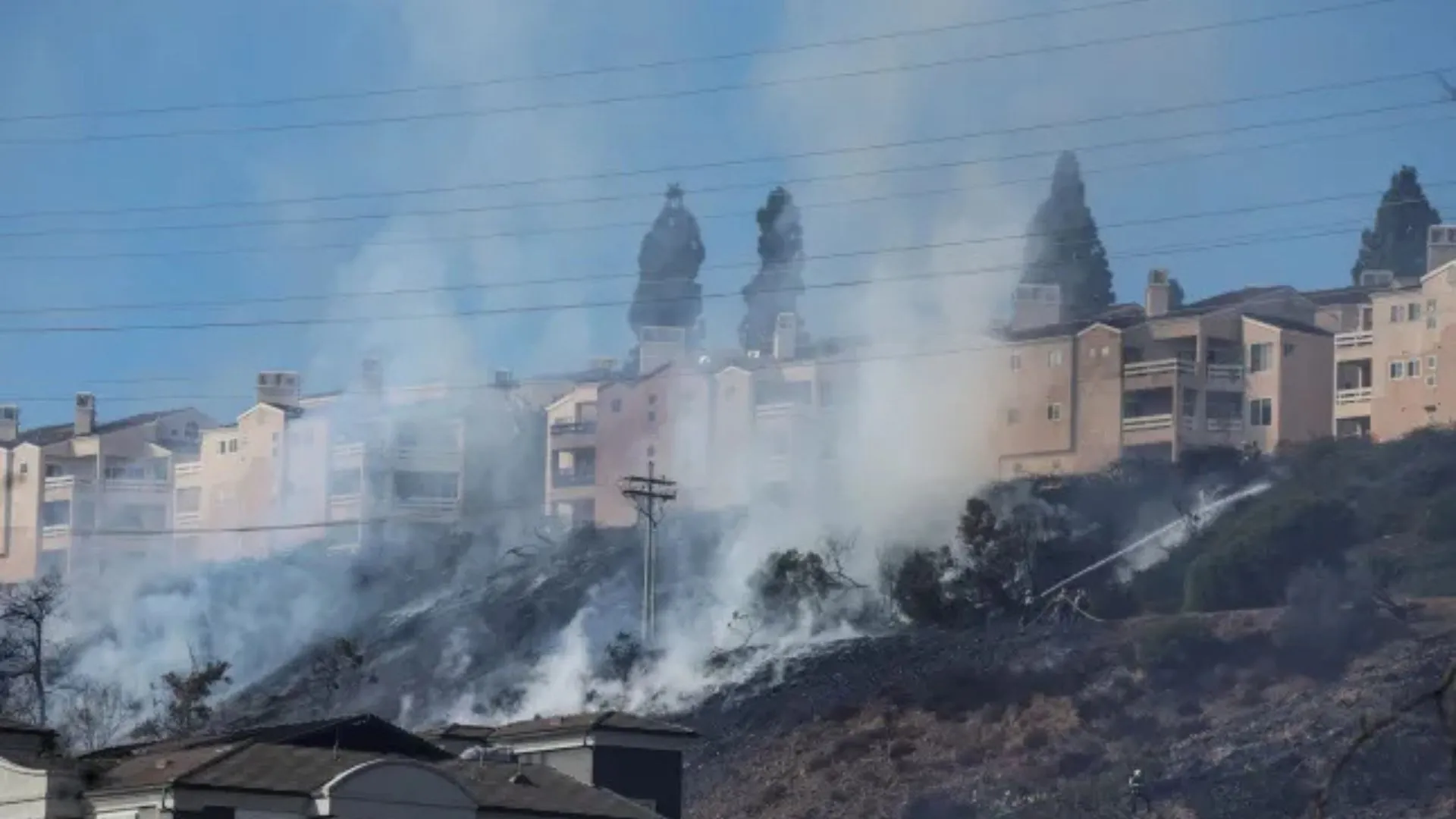There has been much news over the last few weeks about how the Covid-19 pandemic has derailed the fight against unnecessary waste, especially single-use plastic. Not just that, the pandemic has created unprecedented levels of medical waste given the large quantities of single-use masks and gloves being used. As an aspiring zero waster, I felt a bit helpless when the pandemic hit, and most cafes and shops stopped accepting reusable items.
So, this got me thinking. While I want to stay safe and responsible, I also don’t want to go back to creating more waste than I need to. After all, the risk of coronavirus isn’t going away anytime soon, which begs the question: What can we do to prevent the comeback of singleuse waste, especially plastic?
Each time we consume something that is single-use we must check— is this the only way to stay safe? Or are there more environmentally friendly alternatives that could provide equal levels of safety? For example, it is essential right now to wear a facemask when leaving the house. Instead of single-use facemasks, it is possible to stay safe wearing reusable cloth-masks as well. Similarly, before utilising single-use plastic gloves, check expert medical advice. As we learn more about the virus there is increasing evidence that as long as reusable products are used with proper hygiene and caution, they are safe. It is important that we keep abreast of new learnings and apply common sense when utilising reusable items. For instance, carrying your reusable bag to buy groceries is still safe as long as it doesn’t touch any other surface.
Since we know we’re creating more waste because of the pandemic, let’s compensate in other ways. Recently I have made three simple swaps to reduce my waste that are not linked to the virus at all. i) Reusable cloth pads for make-up removal instead of single-use cotton wool balls; ii) Reusable baking sheets instead of single use aluminium foil to; and iii) Reusable beeswax wraps for food storage instead of cling film. There are so many more similar swaps you can make to reduce your waste— just take whatever small steps you can. These were things I hadn’t been doing pre-pandemic and a little extra effort has helped me balance some of the single use waste I’m generating to stay safe.
In other ideas while we’re all staying home and staying safe, we can also focus on cutting down our food waste. We can do this by storing our food in a way that makes it last longer, looking for innovative ways to use bits of fruits and vegetables we’d usually throw away and composting kitchen waste. Fruit seeds and vegetable scraps can be used to start your own kitchen garden that can be fertilised using home-made organic compost. It’s an activity the whole family can get involved in, and gardening can be very therapeutic as well.
Up-cycling and DIY activities are also good ways to reduce waste. Instead of throwing things away, let’s use our imagination and maybe some online inspiration to see if there are ways in which something can be reused. Empty glass bottles, for example, can be used as vases, or an old scarf can be crafted into table coasters. We can also reduce plastic waste by using home recipes for certain food ingredients and toiletries. Finally, we must segregate and dispose of our medical waste responsibly. In India levels of household waste segregation are very low. Because of this our sanitation workers are facing a high risk of Covid-19 infection as they sort through the medical waste, we are generating. It is essential that all PPE, including masks and gloves, is disposed of separately in the apposite yellow biohazard waste bags.
Covid-19 has changed the world. Let’s use this as an opportunity to change our habits and take steps towards living a more sustainable life. We have to make sure that one crisis does not lead to another because after all, there is no Planet B.
Shweta Bahri is the founder of No More Waste, which is a platform to promote sustainable solutions for individuals and businesses in India.
Copy edited by: Ambika Hiranandani























